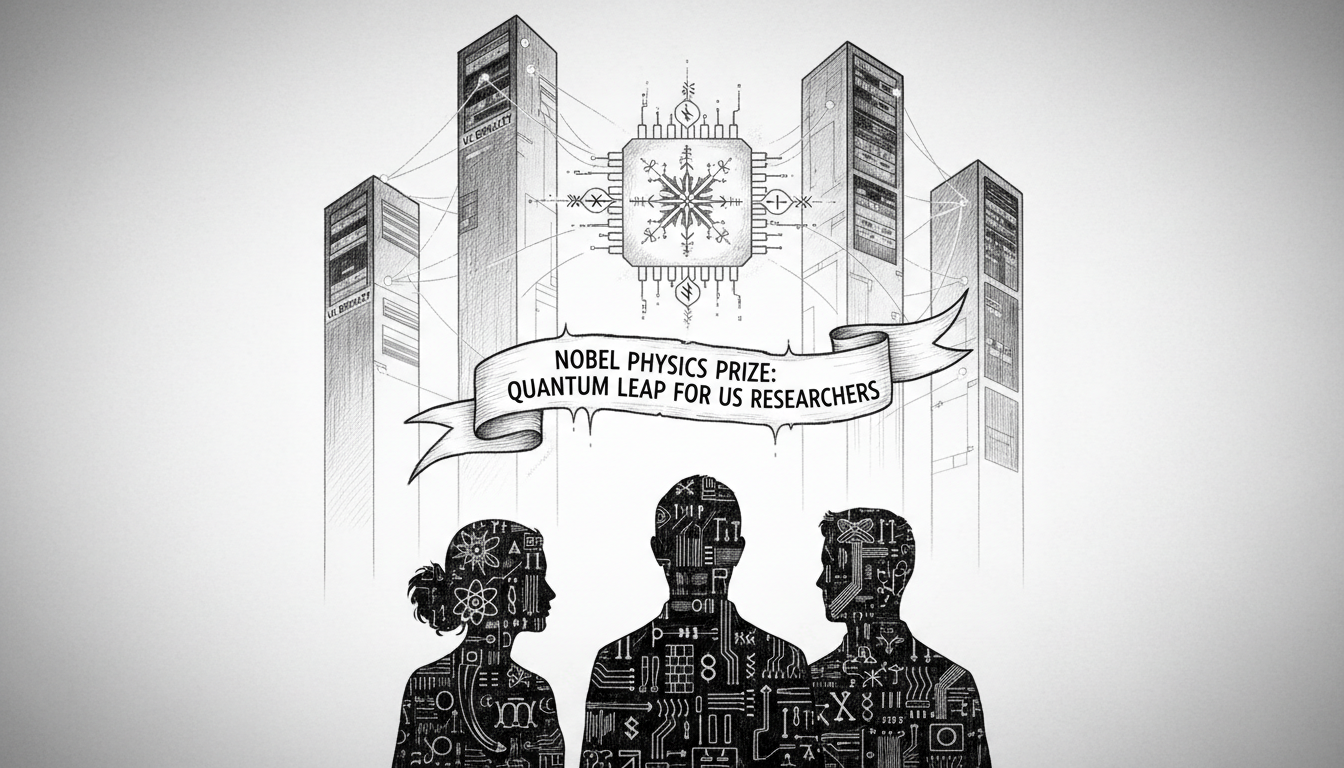Three American-based physicists won the Nobel Prize in Physics on Tuesday. The award recognizes their groundbreaking work in quantum technology development.
John Clarke, Michel Devoret and John Martinis received the honor during an announcement in Stockholm. Their research enables next-generation quantum technologies like quantum cryptography, quantum computers and quantum sensors.
The Nobel committee said their experiments demonstrated quantum mechanical tunneling and quantized energy levels. Quantum tunneling allows particles to pass through barriers despite insufficient energy in classical physics.
All three researchers work at United States institutions. Clarke was born in Britain and works at University of California Berkeley. Devoret is French and affiliated with both Yale and UC Santa Barbara. Martinis is American and also works at UC Santa Barbara.
These physicists pioneered work with Josephson junctions and macroscopic quantum phenomena. Their 1980s collaboration showed quantum behavior in large systems. This proved crucial for developing quantum computers.
The Nobel Prize in Physics dates back to 1901. It remains one of the original Nobel awards established by Alfred Nobel.
Quantum computing represents one of technology's most promising frontiers. These awards highlight how basic research from decades ago now enables practical applications. The substantial American representation among winners reflects the country's strong investment in quantum research.

